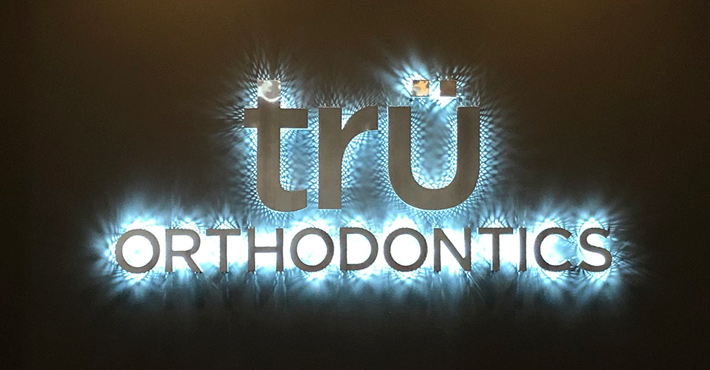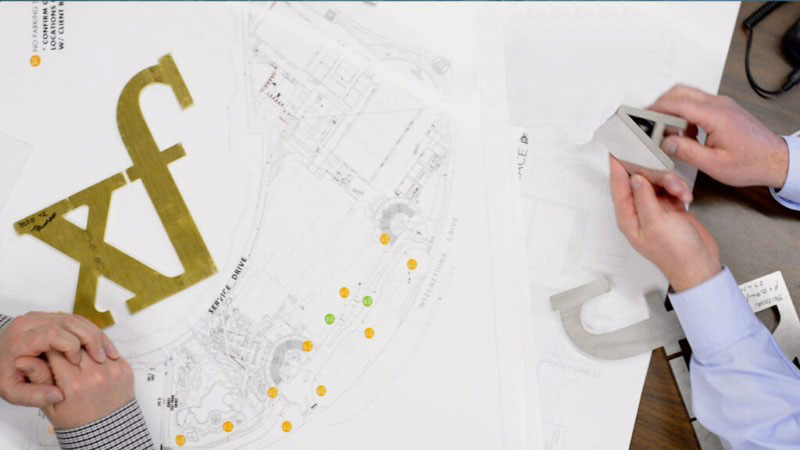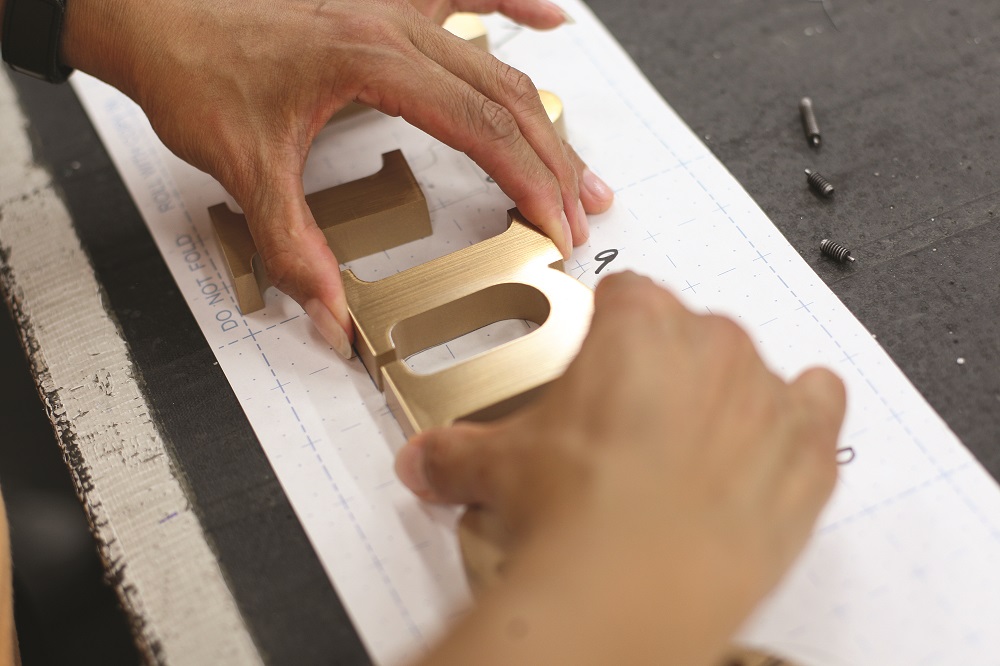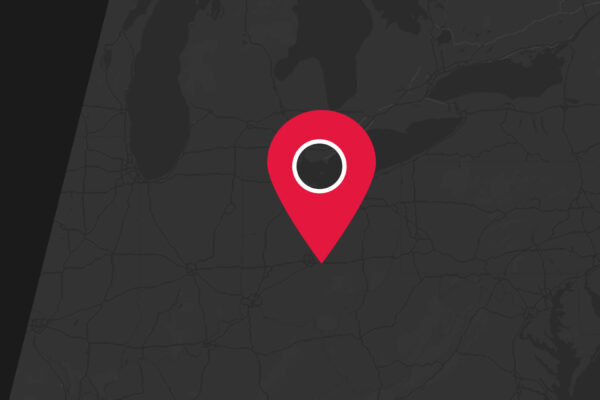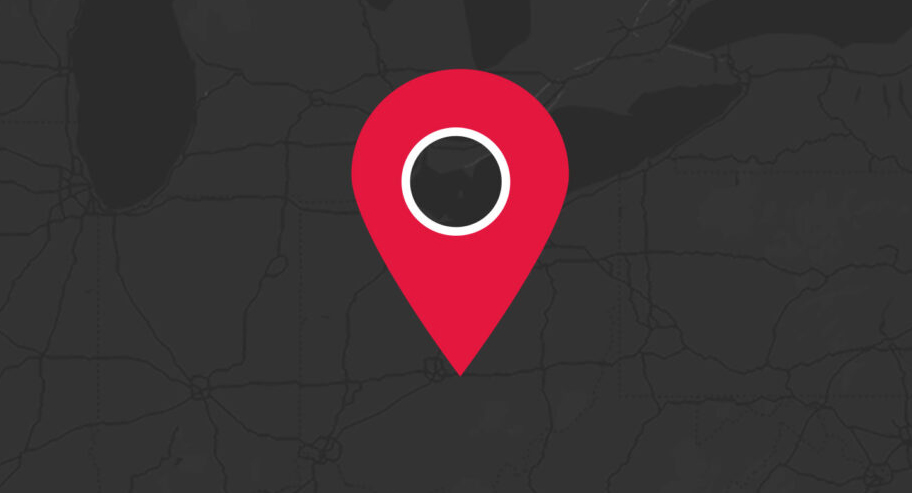Choosing to partner with a signage manufacturer can help sign shops grow their business, removing the need to invest in additional equipment or staff. When looking to buy signage, it is important to learn about what resources manufacturers can and should provide you. For instance, you may not be aware of all the products or services a sign manufacturer may offer, leading to missed opportunities to better meet the needs of your client. By looking for these 7 tools when partnering with a signage manufacturer, you can share better solutions with your clients.
1. Samples and Sales Tools
Physical samples can help you understand product construction, quality, and look. Dimensional sign manufacturers should have a variety of standard samples to highlight their different capabilities and finishing options. You can also ask about prototypes or custom samples they may offer.
In addition to samples, sales tools can help translate clients’ needs to quotes. Ask about complimentary kits with hands-on tools to get you started, and seek out product catalogs, marketing materials, and other training tools to help further your product understanding.

2. Project Management Support
When a client comes to you with a request for signage, they often will need more than a single sign. For single-sign projects to large program work, a sign manufacturer should support you throughout the bid or quote process from the start of the project until the final installation. There are aids manufacturers can offer to help you propose custom solutions. Some items to look or ask for include:
- Bid packet reviews
- Custom colors and color matching
- Custom mounting solutions
- Alternative materials and budget solutions
- Material and manufacturing consultation
- Alternative materials and finishes

3. Product Design Guides
Each sign manufacturer will have different product capabilities that will impact the design of a sign. It is important to seek out design guidance so you can design to the specification. Design guidance should include minimum strokes, maximum serifs, and more for every product. These design guides should provide clear, visual explanations of design specifications sign components will need to follow.

4. Technical Product Drawings
Technical product drawings provide visual representations of signage components including hardware and attachments. These details can provide a clear, more effective view of how the signage is assembled. They help convey to clients and installers exactly how the sign is constructed.

5. Installation Mounting Guides
Mounting guides greatly simplify and shorten the installation process. Without them, installers may spend a significant amount of time leveling and making measurements for every sign element. These mounting guides are often available in various formats depending on the sign’s needs.

6. Online Tool for Orders, Support & Account Management
To help manage signage needs, sign manufacturers should provide account management tools to make project tracking and ordering a breeze. This can provide a better experience for both you and your client. Other features that should be included are:
- Warranty support
- Order status and tracking
- Submitting payments
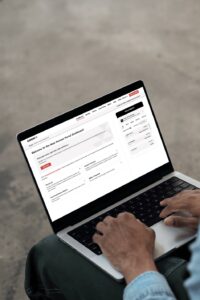
7. Online Information Library
A sign manufacturer should provide online information on all their products and capabilities. This can help you find answers to your questions at any time. This could include having access to:
- Product overview videos
- Production lead times
- Detailed design specifications
- Warranty details
- Recommended best practices
An online information library is a great tool for sign experts to help answer any questions they may have 24/7.

These essential resources dimensional signage manufacturers should supply you can help you manage your client’s signage needs. Looking for a signage partner? Become a Gemini Authorized Partner today.
